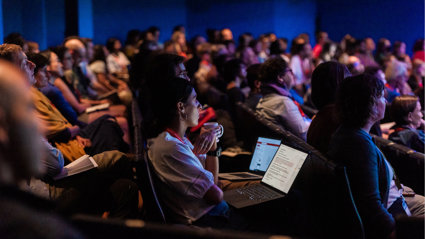
Chair's events
Find out more about our exciting line up of Chair's events.
Next year's conference will be chaired by Professor Peter Hopkins (Newcastle University, UK). The conference will take place in London and online, from Tuesday 1 to Friday 4 September 2026. Details will be added here from November 2025.